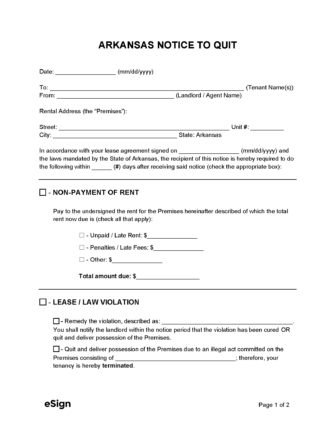
An Arkansas eviction notice is a form used to notify a tenant that they have defaulted on their lease agreement and must move. In Arkansas, a landlord may serve a tenant a notice to quit for non-payment of rent or for any other type of breach of their lease. If the tenant fails to cure the violation, the landlord may commence eviction proceedings.
An Arkansas eviction notice is a form used to notify a tenant that they have defaulted on their lease agreement and must move. In Arkansas, a landlord may serve a tenant a notice to quit for non-payment of rent or for any other type of breach of their lease. If the tenant fails to cure the violation, the landlord may commence eviction proceedings.
PDF Download
An Arkansas eviction notice is a form used to notify a tenant that they have defaulted on their lease agreement and must move. In Arkansas, a landlord may serve a tenant a notice to quit for non-payment of rent or for any other type of breach of their lease. If the tenant fails to cure the violation, the landlord may commence eviction proceedings.
5 | 20 Ratings Downloads: 2,482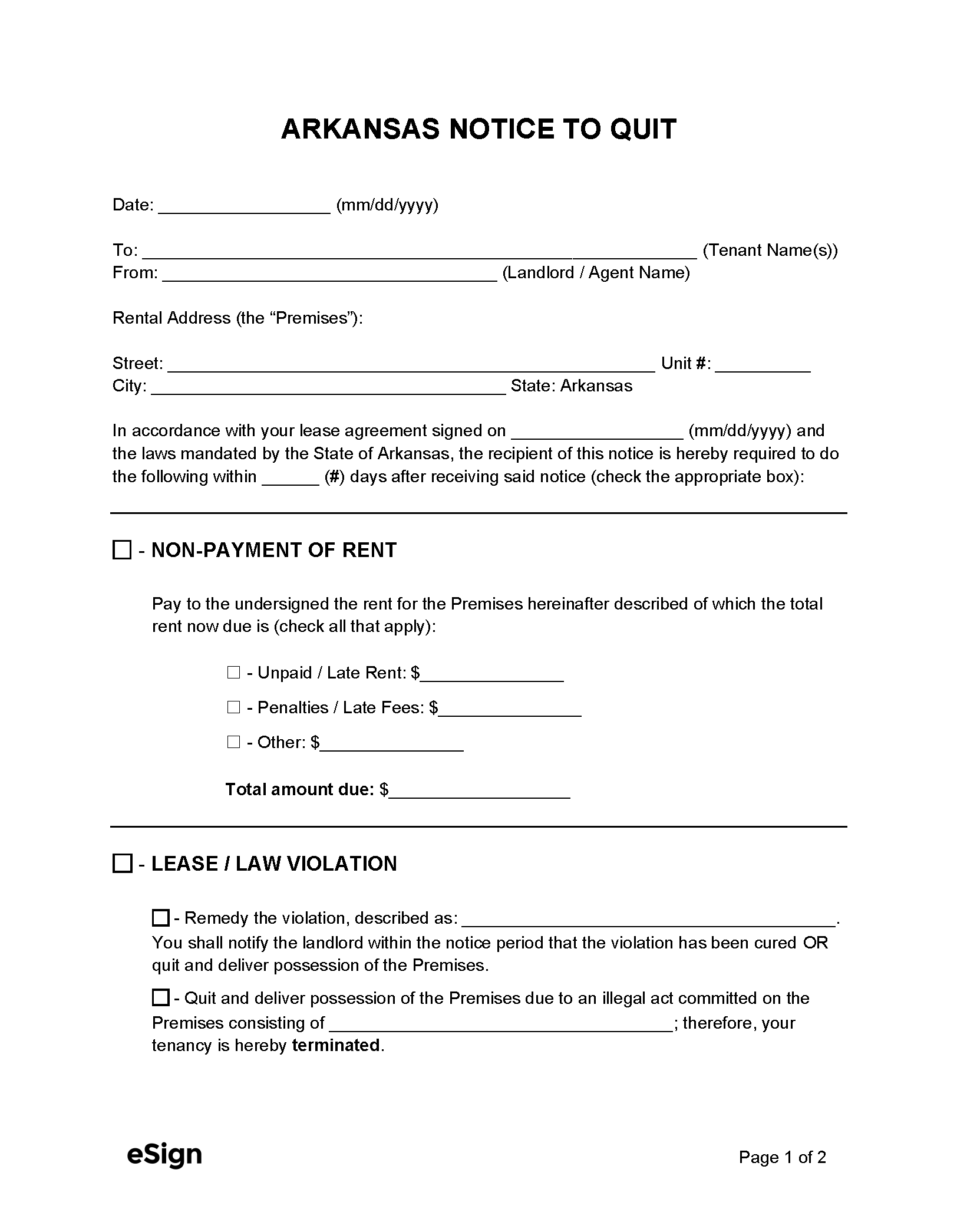
3-Day Notice to Quit | Non-Payment – Notifies a tenant that they have failed to pay rent and must do so or risk eviction.
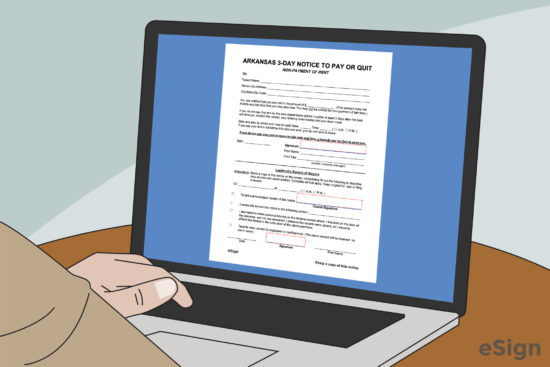
Before they can start an eviction suit, the landlord will have to deliver the appropriate notice to quit to their tenant:
In Arkansas, landlords can file a failure to vacate (criminal eviction) lawsuit, which is different from the unlawful detainer action covered in these instructions. For criminal evictions, a 10-Day Notice to Quit for Non-Payment must first be delivered to the tenant.
If the tenant does not vacate within 10 days, the landlord can file for failure to vacate, which could result in the tenant being convicted of a misdemeanor and paying fines of up to $25/day each day they remain on the premises.
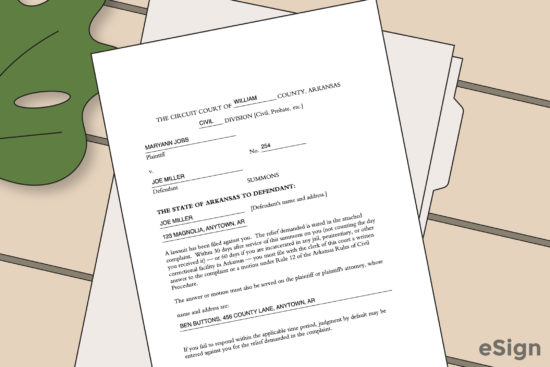
If the tenant fails to comply with the notice to quit they received, the landlord can file for eviction with the clerk of the circuit court in the county that has jurisdiction over the property. They must complete and submit a Summons, a Complaint, a Notice of Intent to Issue Writ of Possession, and a supporting Affidavit (along with a Civil Cover Sheet) to the court.

Following the filing of an eviction suit, the tenant will be issued an order from the court giving them five days to file an objection and pay any rent due to the court registry. If the tenant files an objection, the court will set a hearing on possession.
Failure to answer the Complaint and Summons will result in a Writ of Possession being issued and no hearing or trial will take place.

If the tenant files an objection, the court will schedule a hearing, and both parties will present evidence to plead their case. If the tenant wins, they get to stay on the premises until the trial.
If the landlord wins, the landlord can ask that the court issue a Writ of Possession. If the case cannot be settled at the first hearing, the judge may decide that the case must go to trial.
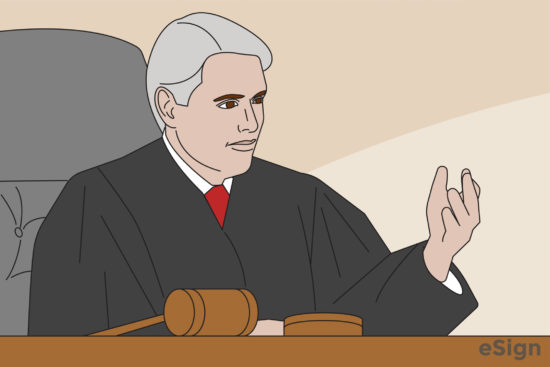
If the case goes to trial, the tenant can file counterclaims or sue the landlord. If the tenant wins, they can remain on the property. If they were forced to leave the premises before trial, they may be entitled to financial compensation as well.
If the landlord wins, the tenant will be asked to leave the premises and may have to pay the landlord unpaid rent, attorney fees, and court costs.
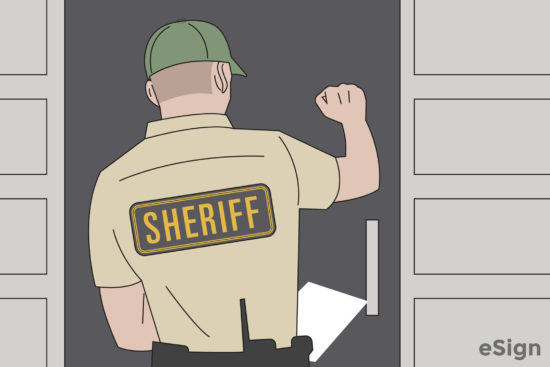
If the tenant loses at trial, a Writ of Possession will issued by the judge. The county sheriff will provide a copy to the tenant, giving them 24 hours to leave the premises.
The sheriff will file a Sheriff’s Return with the court. If the tenant refuses to move out, the sheriff will remove the tenant and their possessions from the premises.
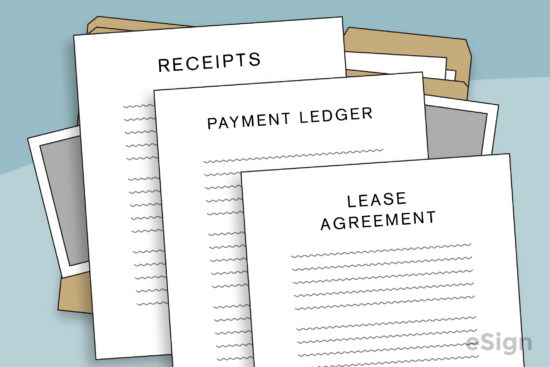
If there is any unpaid rent, cleaning and repair costs, legal fees, and court costs, the landlord can use the tenant’s security deposit to cover the costs. If the deposit doesn’t cover everything, the landlord must send the tenant a demand letter with a list of damages and fees.
Forms
Resources